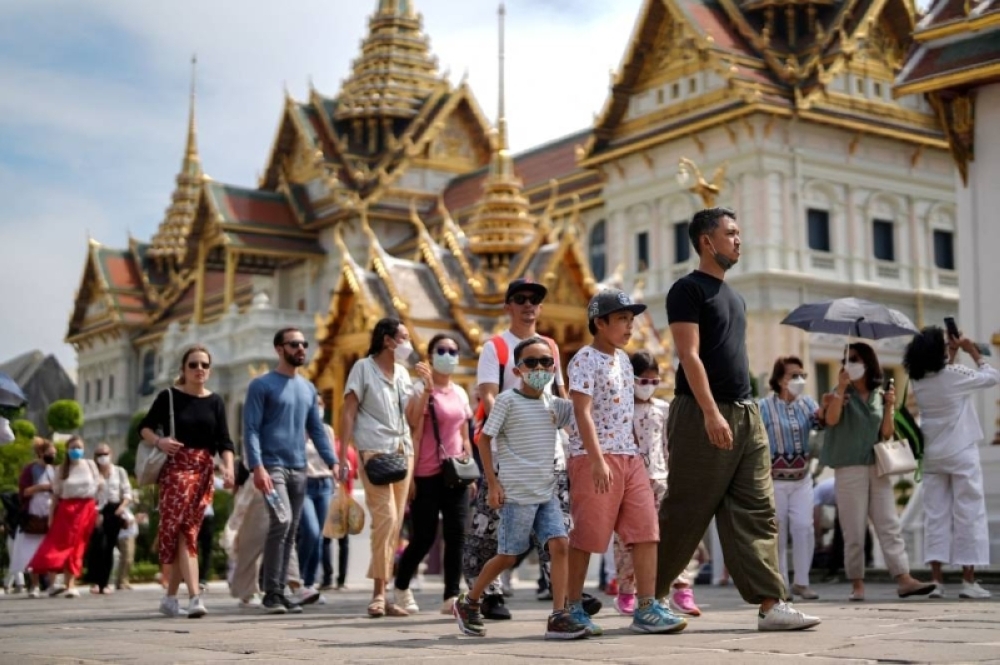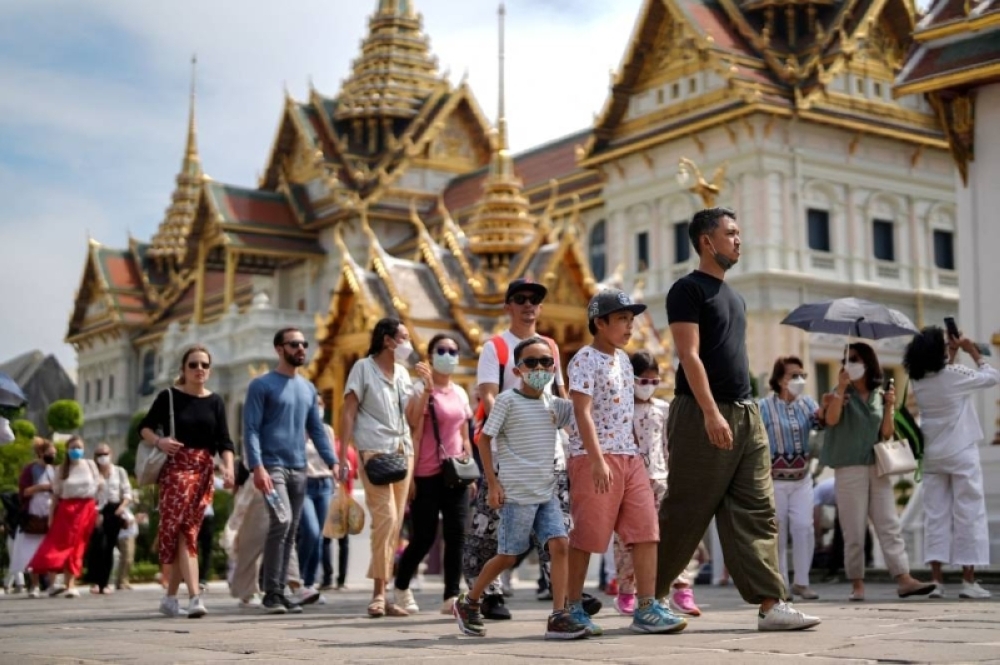
BANGKOK, Oct 1 — Thailand expects to welcome about 200,000 Chinese tourists during the eight-day Golden Week holiday from today to Oct 8, a 24 per cent drop from last year when Malaysia saw a 66 per cent surge in arrivals to Kuala Lumpur.
Tourism revenue in Thailand is projected to fall 17 per cent to ฿9.1 billion (RM1.2 billion) from ฿10.9 billion in 2024, at a time Malaysia and Vietnam are benefitting from stronger demand as Chinese travellers seek better value and safety, the Bangkok Post reported.
Outbound bookings from China rose 28 per cent this year, with international flight capacity up 10 per cent, but Thailand failed to make the top 10 destinations as cities such as Ho Chi Minh City, Kuala Lumpur, Hanoi, Denpasar and Singapore recorded double-digit increases.
The rise in travel demand was driven by visa-free entry in many countries, cheaper travel costs due to the weak yen, and new offers such as South Korea‘s visa-free scheme for small groups.
Tourism Authority of Thailand governor Thapanee Kiatphaibool said arrivals began on Sept 26 and will continue until Oct 8, but safety concerns remain a key reason for the decline despite Thailand’s visa exemption policy.
Many Chinese tourists are turning to Japan, where average travel costs are 15 per cent lower, or to Malaysia and Singapore, where some routes are 6 per cent cheaper, while long-haul destinations such as France, Switzerland and Spain reported a 110 per cent surge in Chinese tour groups.
Malaysia recorded 1.8 million Chinese tourist arrivals in the first five months of 2025, marking a significant increase due to visa waivers and other initiatives, and Tourism Malaysia expects to at least match last year’s Golden Week numbers.
Chinese visitors to Thailand are expected to stay six to eight nights and spend about 6,600 baht daily, with most flight bookings originating from Beijing, Guangzhou and Chengdu, and additional demand from second-tier cities like Shenzhen and Xi’an.
At least 30 charter flights from these secondary cities are expected during the week under a Thai government subsidy campaign, but the country’s weaker performance compared with Malaysia underscores shifting Chinese travel preferences.






